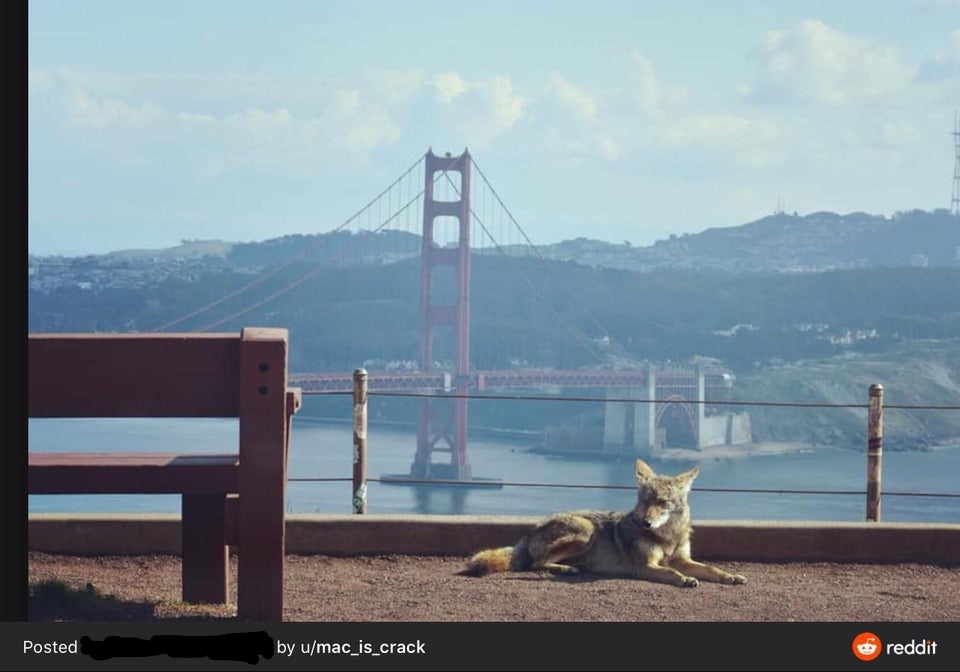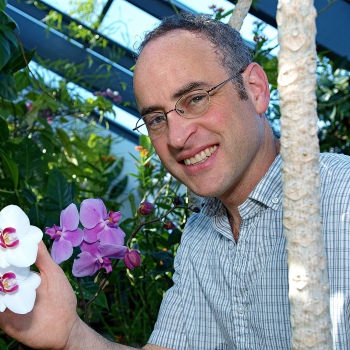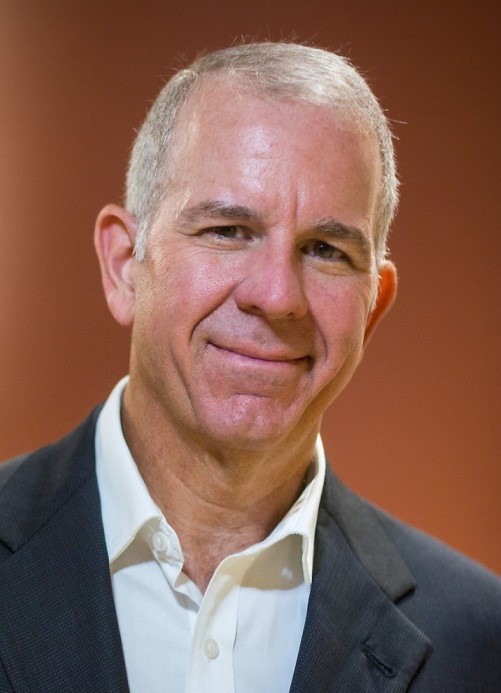
The world was hit hard and fast by the COVID19 pandemic. No one expected it to travel as far and as quickly as it did. Our routines, travel, and every day life was tossed in a metaphorical salad of chaos. Everywhere we looked people were wearing masks which, in time, evolved into somewhat of a fashion statement. Hand sanitizer and toilet paper were the most sought after commodities for months. People panicked and cleaned out store shelves. The greed of the people showed its ugly face and the finger-pointing, hatred, and ignorance grew parallel to people’s fear and restlessness.
Stay-at-home orders were put in place all around the world and gas prices plummeted to the lowest we’ve seen them since the 90’s. Some lived in denial, while others lived in terror. But all in all, planes were grounded, stores closed their doors, millions lost their jobs, schools shut down and a new era of mass online learning was imminent. The world had all but stopped and was now in perpetual state of indefinite chaos. So how could there be a silver lining to such a global tragedy?
With no one traveling on planes, cars, or boats, the carbon foot print of the entire world had drastically lowered. Something so many scholars and green advocates have striven for for decades was now happening all on its own, in a matter of weeks. The estimated global decrease in carbon is 17% according to a study published in the Nature Climate Change journal. At the peak of stay-at-home orders and lock-downs, carbon dioxide emissions decreased by about 18.7 million tons when compared to daily emissions from the same time last year, becoming possibly the largest decrease in history and levels comparable to what they were in 2006!
In China alone, carbon emissions dropped by 25% in just 4 weeks (Article by Lauri Myllyvirta – CarbonBrief) and nitrogen oxides emissions dropped by 50% (Study published in MDPI journal).

If we zoom in and isolate that even more, below satellite images of Wuhan, China show the massive decrease in No2 levels in comparison to the same time of year in 2019.

In other parts of the world, historic things are happening because of the large-scale drop in pollution as a direct result of the lock-downs of Coronavirus. In India, pollution has gone down so drastically that it is obvious to the naked eye. In just days after the lockdown was implemented in India’s capital, New Delhi, the levels of pollution dropped by almost 60% according to expert analysis from the Center for Science & Environment, reported by The Washington Post.

Even the tops of the Himalayas are now visible from a distance in some parts of India for the first time in 30 years! Imagine that awe-inspiring moment.

The decrease in emissions isn’t the only positive phenomenon resulting from COVID19. Nature has reclaimed its territory in beautiful ways. Waters are cleaner and clearer, streets are deserted, and there’s no traffic. All over the world, the animals that we keep at bay with our mere presence begin coming out of the woodwork and roaming the streets and waterways. An article from Inverse, an online news resource, compiled a list in fact. Although you’ve probably heard about the Dolphins in Venice, Italy’s canals, this was actually one viral post that was fake. However, dolphins did grace the docks of the Port of Cagliari in Sardinia, Italy.
Wild Turkeys took over many places, including a schoolyard in Oakland, CA, the city streets of Boston, MA as well as Harvard University.
Mountain lions roamed freely through Boulder, CO.
The ever-reclusive leopard showed up in Southern India.
And even Coyotes relaxed in San Francisco.

The list goes on and on with wild boars walking the streets of Barcelona, Spain, deer in herds through the city streets of Nara, Japan and Eastern Ghats, India, and even hoards of monkeys in Thailand and Dehli, India.
One thing is for sure. Nature restores itself in our absence. The past few months was comparable to watching an episode of “Life After People”. Maybe not to the extreme of the endgame, but at least a taste of what it might be like. The pandemic hit the world hard and people regrettably lost their lives in the process. It has shaken us as a people and we will likely be dealing with the aftermath for long after the virus is gone. But in all the chaos and tragedy, it’s nice to see a little good come of it. Even if it’s only fleeting.





